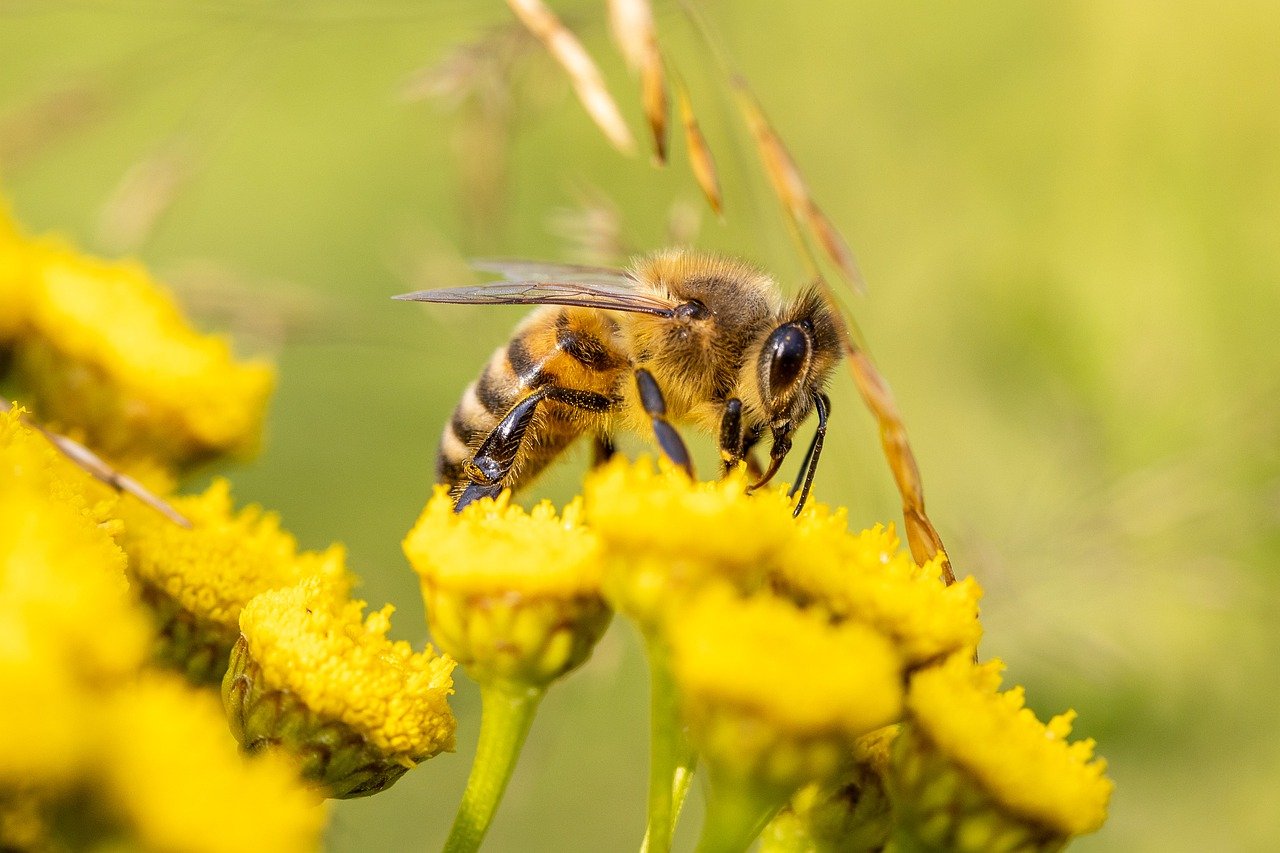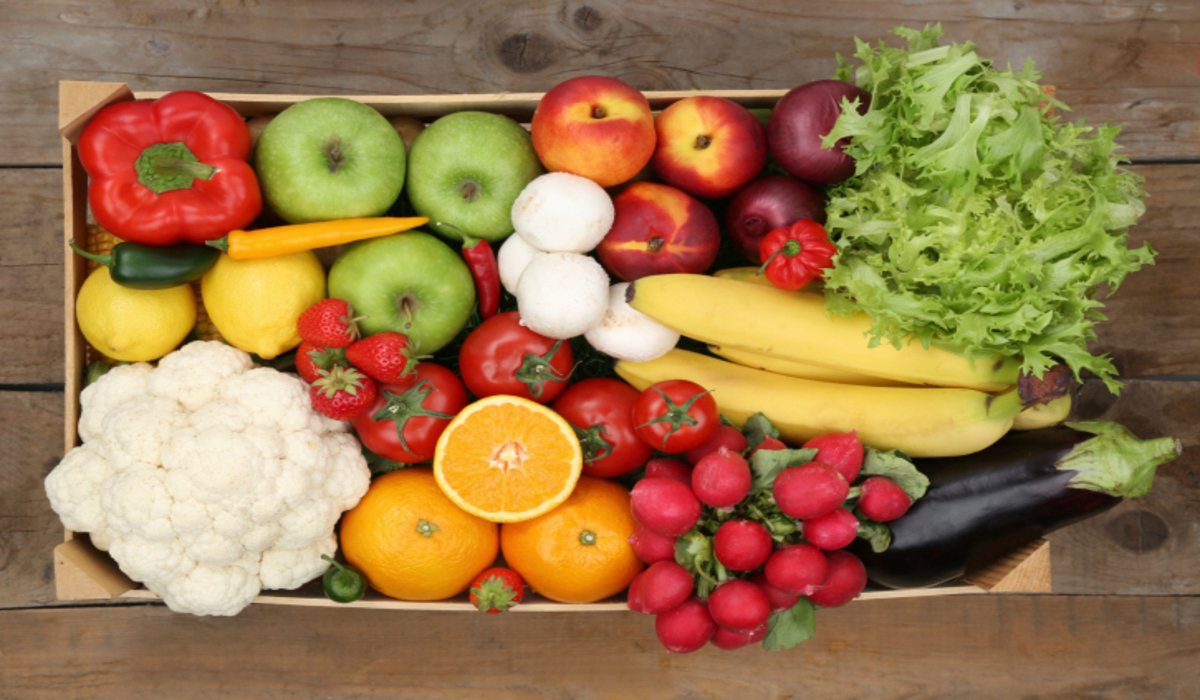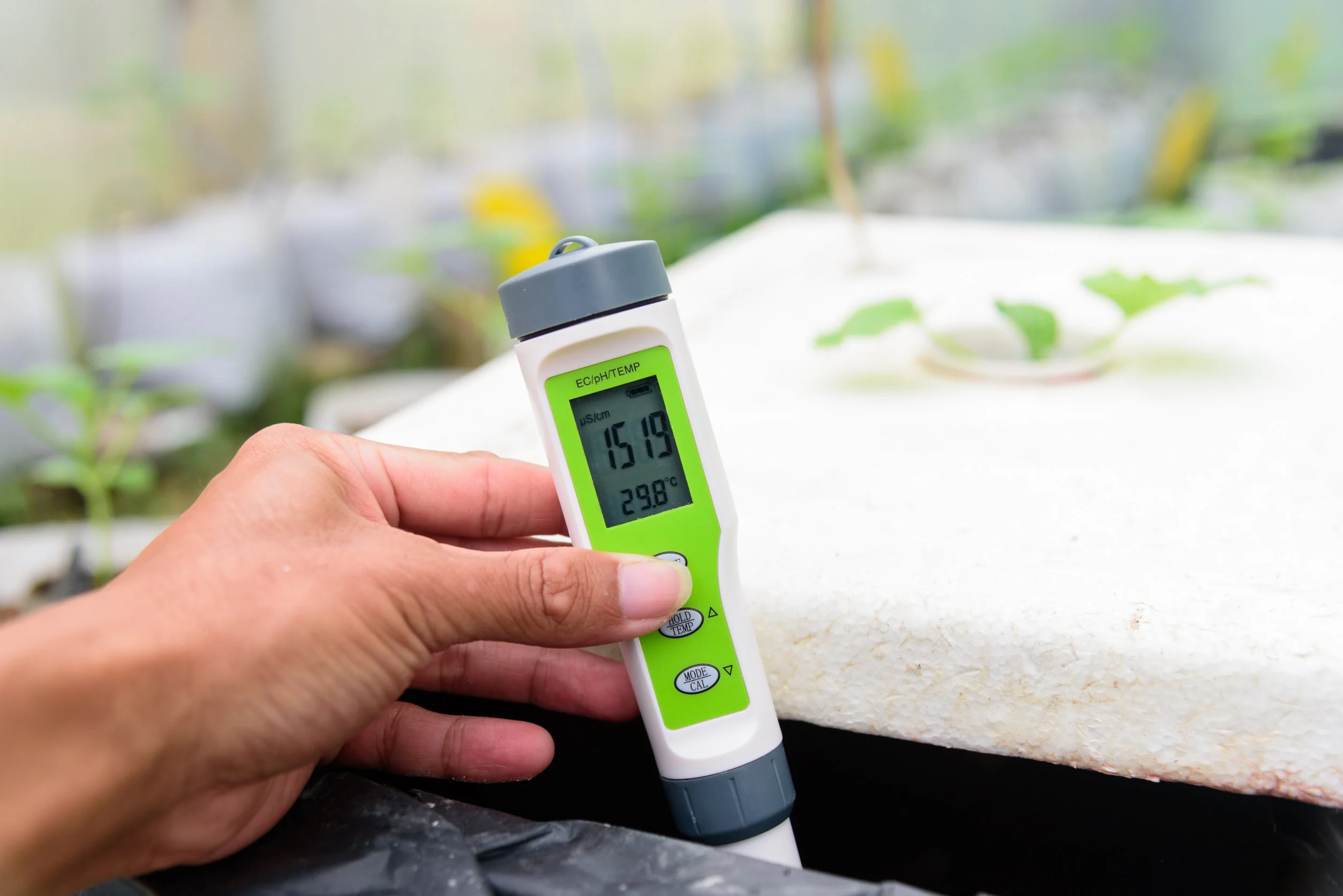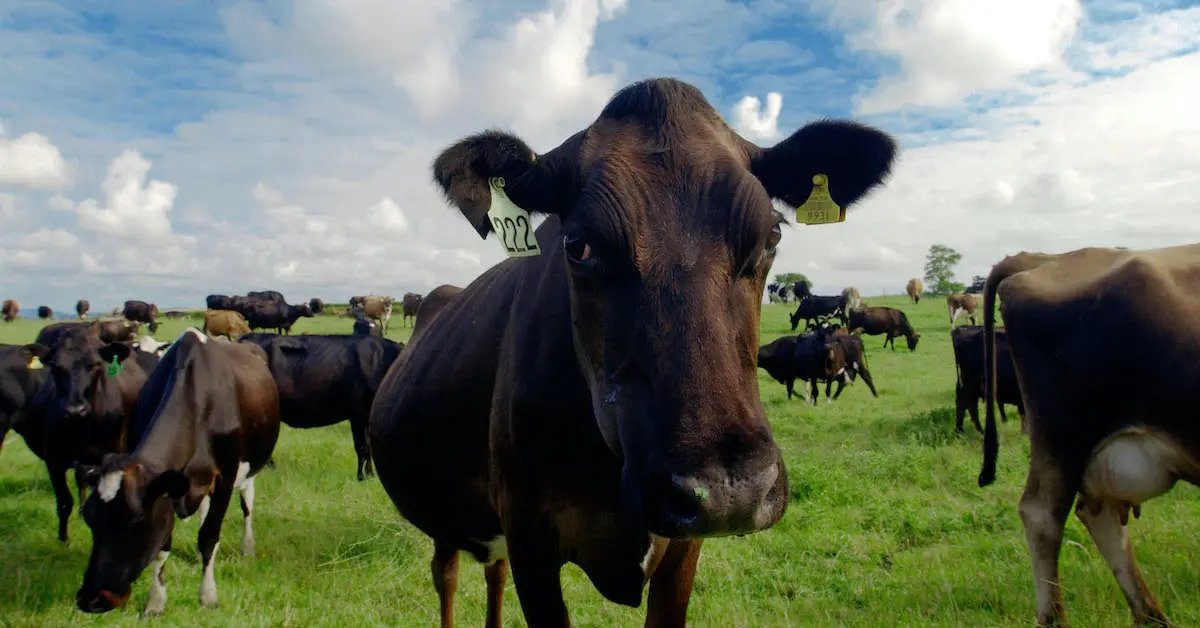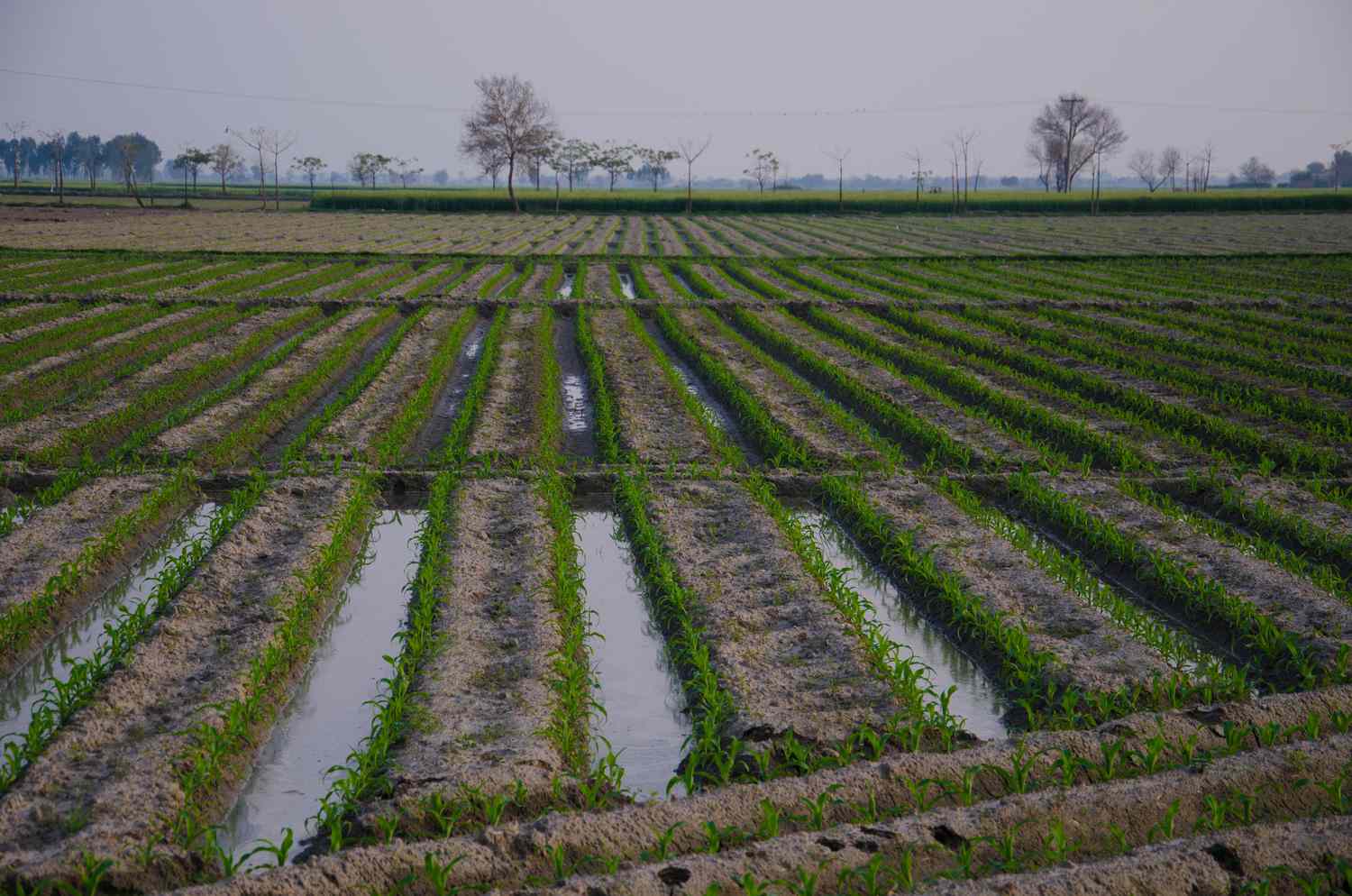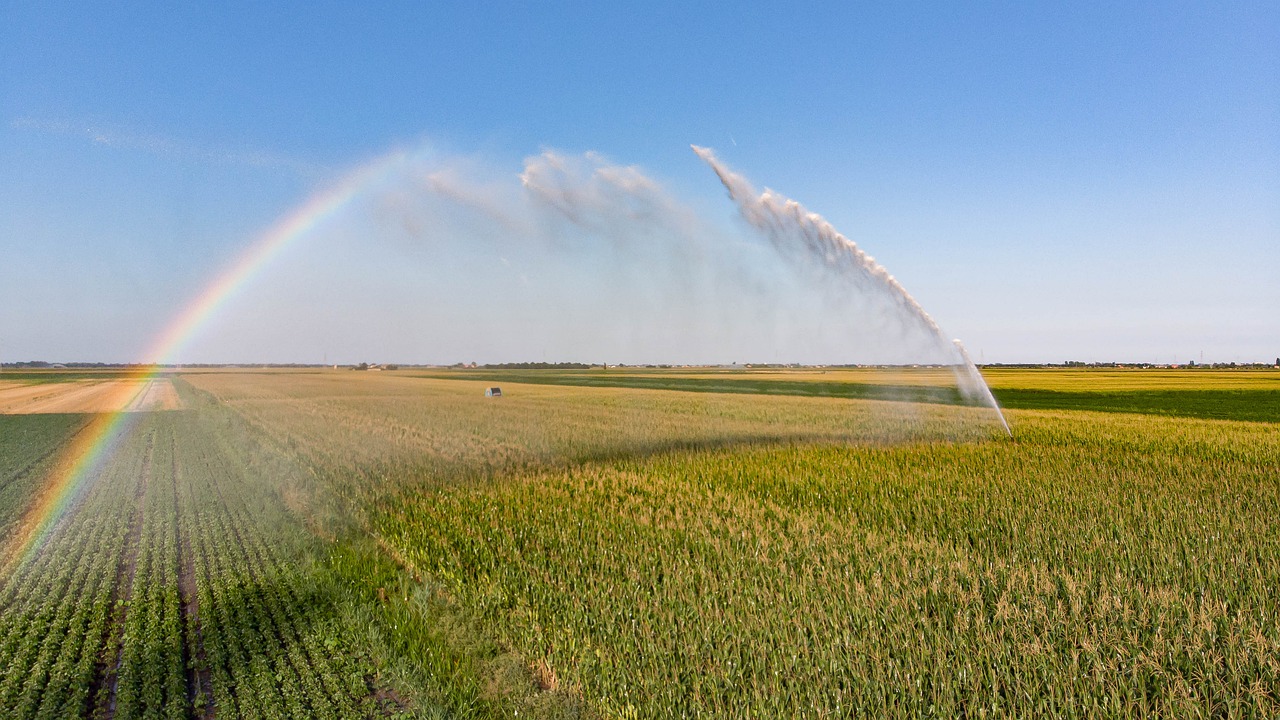Home>Gardening Basics>Tools and Equipment>Why Is Irrigation Important
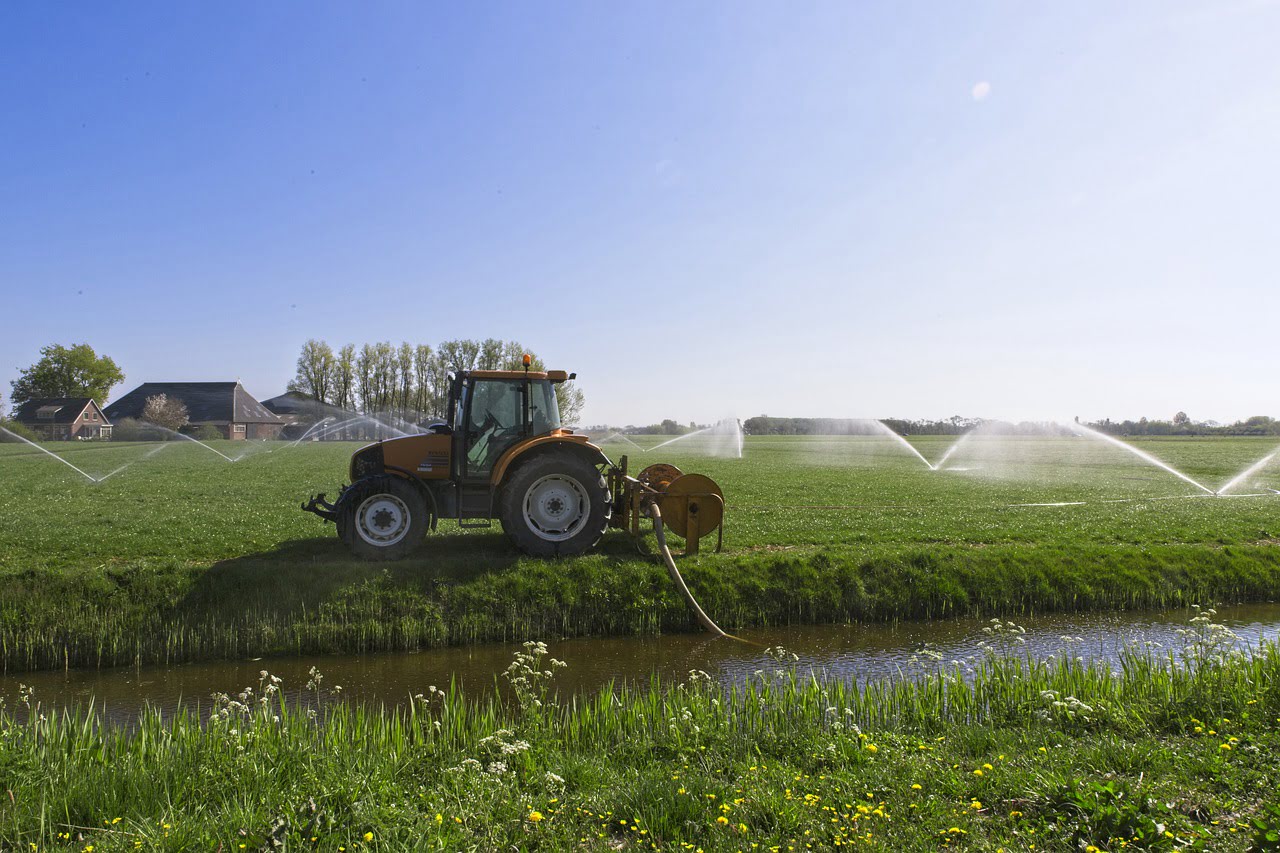

Tools and Equipment
Why Is Irrigation Important
Modified: January 22, 2024
Discover the importance of irrigation and the essential tools and equipment needed for effective watering and cultivation.
(Many of the links in this article redirect to a specific reviewed product. Your purchase of these products through affiliate links helps to generate commission for Chicagolandgardening.com, at no extra cost. Learn more)
Table of Contents
Introduction
Irrigation plays a crucial role in the agricultural industry, providing a reliable water supply to sustain crop growth and maximize yields. It involves the controlled application of water to plants through various methods, such as sprinklers, drip systems, or flood irrigation. While natural rainfall is essential for plant growth, it is often insufficient in meeting the water requirements of crops, especially in arid and semi-arid regions. This is where irrigation steps in, offering a solution to overcome water scarcity and ensure the health and productivity of agricultural crops.
Throughout history, civilizations have recognized the importance of irrigation in supporting food production and sustaining their populations. The practice of irrigation has continually evolved, incorporating advancements in technology and engineering to improve efficiency and water conservation. In modern agricultural practices, irrigation has become an indispensable tool for farmers worldwide, allowing them to cultivate crops in areas with limited rainfall and control moisture levels for optimal plant growth.
As our global population continues to grow, the demand for food increases, which puts additional pressure on agricultural systems. Irrigation becomes even more critical in ensuring food security and meeting the nutritional needs of billions of people. Furthermore, irrigation offers numerous benefits beyond increased crop yield, including water conservation, drought mitigation, enhanced plant growth, weed and disease control, and economic advantages.
In this article, we will explore these benefits in detail, highlighting the importance of irrigation in modern agriculture and its contribution to sustainable food production.
Increased Crop Yield
Irrigation is essential for achieving higher crop yields. While rainfall can provide some moisture, it is often unpredictable and unevenly distributed, making it unreliable for consistent plant growth. With irrigation, farmers can accurately control the amount of water delivered to the crops, ensuring they receive the necessary moisture throughout their life cycle.
By providing a consistent water supply, irrigation enables plants to photosynthesize efficiently, facilitating nutrient uptake and supporting optimal growth. This leads to increased biomass production, larger and healthier plants, and ultimately, higher crop yields. In fact, studies have shown that crops grown with irrigation can yield up to three times more compared to rain-fed crops.
Irrigation also allows farmers to grow crops that are not well-adapted to the local climate or have high water requirements. By selecting appropriate irrigation methods and scheduling, farmers can cultivate a wider range of crops, diversifying their agricultural production and increasing their profitability.
Besides water supply, irrigation systems can also provide controlled delivery of fertilizers and other agrochemicals directly to the roots of plants. This targeted approach ensures that nutrients and supplements reach the plants efficiently, optimizing their uptake and utilization. By supplying plants with essential nutrients at the right time and in the right quantities, irrigation contributes to healthier crops, improved quality, and increased yields.
In regions where water resources are limited, efficient irrigation techniques, such as drip irrigation or precision sprinklers, are particularly crucial. These methods minimize water waste by delivering water directly to the root zone of plants, reducing evaporation and runoff. By optimizing water use, farmers can maximize crop production while conserving water resources.
Water Conservation
One of the most significant advantages of irrigation is its role in water conservation. In regions where rainfall is scarce or unreliable, irrigation allows farmers to provide a controlled and efficient water supply to their crops, minimizing water wastage.
A well-designed irrigation system can optimize water use by delivering water directly to the root zone of plants, reducing evaporation and runoff. Techniques such as drip irrigation and micro-sprinklers are especially effective in conserving water as they provide a targeted application of water to individual plants. This precision irrigation approach significantly reduces water loss and ensures that plants receive the necessary moisture without excess water wastage.
Irrigation systems also enable farmers to reuse and recycle water, further enhancing water conservation efforts. By capturing and storing rainwater or utilizing treated wastewater for irrigation, farmers can reduce their reliance on freshwater sources and conserve this valuable resource.
Moreover, advancements in irrigation technology, such as soil moisture sensors and smart irrigation controllers, contribute to water conservation by optimizing irrigation schedules based on real-time weather data and crop needs. These technologies allow farmers to apply water only when and where it is needed, preventing over-irrigation and reducing water waste.
By implementing efficient irrigation practices and technologies, farmers can play a significant role in conserving water resources, particularly in water-scarce regions. Water conservation not only benefits agricultural sustainability but also helps ensure the availability of water for other essential purposes such as drinking, sanitation, and industrial use.
Mitigation of Drought Effects
Droughts can have devastating impacts on agricultural productivity, leading to crop failures and food shortages. Irrigation acts as a vital tool in mitigating the effects of drought by providing a reliable water supply to crops even during periods of water scarcity.
During drought conditions, natural rainfall may not be sufficient to meet the water requirements of crops, resulting in plant stress, reduced growth, and yield losses. Irrigation helps to alleviate these adverse effects by supplying water directly to the plants’ root zone, ensuring their survival and continued growth.
In areas where droughts are frequent or prolonged, farmers often rely heavily on irrigation to sustain their crops. By having access to a stable water supply, they can overcome the limitations imposed by water scarcity and maintain agricultural production even during drought periods.
Irrigation systems also offer the flexibility to adjust water application based on the severity of the drought. Farmers can prioritize water allocation to critical crops or adjust irrigation schedules to optimize water use during times of limited availability.
Furthermore, irrigation enables farmers to employ water-saving techniques to cope with drought conditions. Strategies such as mulching, using drought-tolerant crop varieties, and implementing water-efficient irrigation methods can help maximize the use of available water and minimize water losses.
By effectively mitigating the effects of drought, irrigation plays a vital role in ensuring food security, minimizing the economic impact of crop losses, and sustaining agricultural livelihoods in regions prone to water scarcity.
Enhanced Plant Growth
Irrigation is a key factor in promoting enhanced plant growth and optimizing crop development. By providing a consistent and controlled water supply, irrigation ensures that plants receive the necessary moisture throughout their growth cycle, leading to healthier and more vigorous growth.
Water is an essential component for photosynthesis, the process by which plants convert sunlight into energy and produce carbohydrates. Adequate water supply through irrigation facilitates efficient photosynthesis, allowing plants to produce higher amounts of glucose and store more energy for growth and metabolism.
Furthermore, irrigation plays a critical role in nutrient uptake. Water is responsible for transporting essential minerals and nutrients from the soil to the roots of plants. Without sufficient water, nutrient absorption is limited, hindering plant growth and nutrient utilization. Irrigation helps overcome this by providing the necessary water to facilitate nutrient uptake and ensure optimal plant nutrition.
Consistent moisture levels achieved through irrigation also reduce plant stress. Without adequate water, plants can experience drought stress, which can lead to wilting, nutrient deficiencies, and reduced photosynthesis. By providing a reliable water supply, irrigation prevents or minimizes water stress, enabling plants to maintain optimal physiological functions and sustain healthy growth.
Moreover, irrigation systems can be used to deliver fertilizers, pesticides, and other plant treatments directly to the root zone. This targeted application ensures that plants receive these inputs precisely when needed, improving their effectiveness and reducing wastage. By promoting efficient nutrient and agrochemical delivery, irrigation contributes to enhanced plant growth, increased pest and disease resistance, and improved crop quality.
In regions with limited rainfall, where natural water availability may not be sufficient to support plant growth, irrigation becomes even more critical in achieving enhanced crop development. By providing the necessary water resources, irrigation allows farmers to cultivate crops in arid and semi-arid regions, expanding agricultural production and increasing food security.
Weed and Disease Control
Irrigation plays a significant role in weed and disease control in agricultural systems. Proper water management through irrigation can help suppress weed growth and reduce the incidence of plant diseases, improving overall crop health and productivity.
Water is crucial for weed germination and growth. By implementing irrigation techniques that deliver water directly to the root zone of crops, farmers can minimize water availability to weeds, impeding their growth and establishment. Additionally, irrigation allows for the implementation of weed control measures, such as timely cultivation or the use of herbicides, ensuring effective weed management.
Irrigation also influences plant disease development and spread. Consistent and controlled watering practices reduce plant stress and improve their ability to resist or recover from disease infections. By maintaining appropriate moisture levels, irrigation helps create unfavorable conditions for pathogens, reducing their ability to thrive and spread within the crop environment.
Additionally, irrigation systems can be used to apply fungicides or other disease control measures directly to the plant foliage or root zone. This targeted application ensures that the chemicals or treatments reach the intended target, improving their efficacy in disease prevention or suppression.
Furthermore, irrigation helps maintain plant hygiene by washing away dust, pollen, and other potential contaminants that can serve as a breeding ground for diseases. Through proper irrigation management, farmers can minimize disease incidence and keep their crops healthy, reducing the need for excessive pesticide applications.
Effective weed and disease control not only promotes the growth and health of crops but also minimizes the competition for resources, such as water, nutrients, and sunlight. By reducing weed competition and disease pressure, irrigation contributes to higher crop yields, improved quality, and overall agricultural sustainability.
Sustainable Agriculture
Irrigation is a cornerstone of sustainable agriculture, enabling farmers to maximize crop productivity while minimizing environmental impacts. By implementing efficient irrigation practices, farmers can achieve a balance between resource utilization, economic viability, and ecological stewardship.
One of the key aspects of sustainable agriculture is water management. With irrigation, farmers can optimize water use by delivering the right amount of water at the right time, ensuring that crops receive adequate moisture without wastage. By using water-saving irrigation techniques, such as drip irrigation or precision sprinklers, farmers can minimize water loss through evaporation and runoff, conserving this precious resource.
Irrigation also allows farmers to overcome the limitations imposed by erratic rainfall patterns or dry climates, reducing dependence on natural water sources and enabling agriculture in water-scarce regions. By expanding agricultural production into these areas, irrigation contributes to food security, reduces the need for land conversion, and helps preserve natural ecosystems.
Furthermore, irrigated agriculture can promote soil health and fertility. Controlled watering practices minimize soil erosion by maintaining optimal moisture levels, preventing topsoil loss from heavy rains or drought conditions. Additionally, irrigation allows for the efficient delivery of nutrients and organic matter to the soil, improving soil structure, nutrient availability, and overall soil health.
Irrigation systems also support precision agriculture, allowing farmers to target water and nutrient application to specific areas of their fields. By using data and technology, such as soil moisture sensors and remote irrigation monitoring, farmers can optimize resource allocation, reduce waste, and increase overall efficiency in crop production.
Moreover, sustainable irrigation practices can contribute to climate change mitigation efforts. Efficient water use reduces energy consumption for pumping and decreases greenhouse gas emissions associated with water extraction and distribution.
By incorporating environmental, economic, and social considerations, sustainable irrigation practices promote long-term agricultural viability, protect natural resources, and support resilient farming systems. Through responsible water management and efficient irrigation techniques, farmers can meet the present needs of agriculture while preserving resources for future generations.
Economic Benefits
Irrigation brings numerous economic benefits to farmers, agricultural communities, and the wider economy. It contributes to increased agricultural productivity, crop diversification, and improved market opportunities, driving economic growth and rural development.
One of the main economic advantages of irrigation is the potential for increased crop yields. By providing a reliable water supply, irrigation helps farmers optimize plant growth, resulting in higher crop production. Increased yields not only meet the growing demand for food but also create surplus crops for sale and export, generating income for farmers.
Irrigation also allows farmers to grow high-value cash crops, fruits, and vegetables that often require more water. By expanding their crop choices, farmers can tap into lucrative markets that offer higher prices and profitability. This diversification of agricultural production increases farmers’ incomes and reduces their reliance on a single crop, mitigating the risks associated with price fluctuations or crop failures.
Furthermore, irrigation promotes agricultural intensification, enhancing the efficiency of land use. By maximizing crop production through irrigation, farmers can achieve higher yields per unit of land. This intensification can lead to economies of scale, reducing production costs and increasing profitability.
In addition to direct economic benefits for farmers, irrigation spurs the growth of support industries and services. The manufacturing and distribution of irrigation equipment, such as pumps, pipes, and sprinklers, create employment opportunities and stimulate local economies.
Irrigation also contributes to job creation in downstream industries, including food processing, packaging, and transportation. With increased agricultural production, there is a higher demand for these services, creating employment and income-generating opportunities in rural communities.
Moreover, irrigation supports food security and stability by reducing the reliance on imported food. By increasing domestic crop production, countries can reduce their dependence on foreign markets, safeguarding their food supply and improving self-sufficiency. This stability helps stabilize food prices, ensuring affordability for consumers.
Overall, irrigation plays a vital role in strengthening agricultural economies, fostering rural development, and providing livelihood opportunities for farmers and rural communities.
Conclusion
Irrigation is an indispensable tool in the realm of agriculture, providing a reliable water supply to support crop growth and maximize yields. It offers a multitude of benefits, ranging from increased crop production to water conservation, mitigation of drought effects, enhanced plant growth, weed and disease control, sustainable agriculture, and economic advantages.
Through proper irrigation practices, farmers can overcome the limitations imposed by erratic rainfall patterns, arid climates, and water scarcity, ensuring the availability of water for crop irrigation. By delivering water directly to the root zone of plants, irrigation supports efficient nutrient uptake and photosynthesis, leading to enhanced plant growth and increased crop yields.
Irrigation also plays a crucial role in conserving water resources by minimizing wastage through precision irrigation techniques and promoting the reuse of water. Additionally, it helps mitigate the detrimental effects of drought by providing a reliable water supply during periods of water scarcity, ensuring the survival and productivity of crops.
Efficient use of irrigation systems contributes to weed and disease control, reducing competition from weeds and creating unfavorable conditions for pathogens. This leads to healthier crops and improved crop quality.
Moreover, irrigation is a key component of sustainable agriculture, promoting responsible water management, soil health, and precision farming. By implementing sustainable irrigation practices, farmers can achieve a balance between resource utilization, economic viability, and ecological stewardship.
Lastly, irrigation brings significant economic benefits, including increased agricultural productivity, crop diversification, and job creation in the agricultural sector and related industries. It plays a vital role in driving economic growth, enhancing rural development, and ensuring food security.
In summary, irrigation is a fundamental tool in modern agriculture, enabling farmers to overcome the challenges posed by water scarcity, maximize crop productivity, and contribute to a sustainable and resilient food system.

